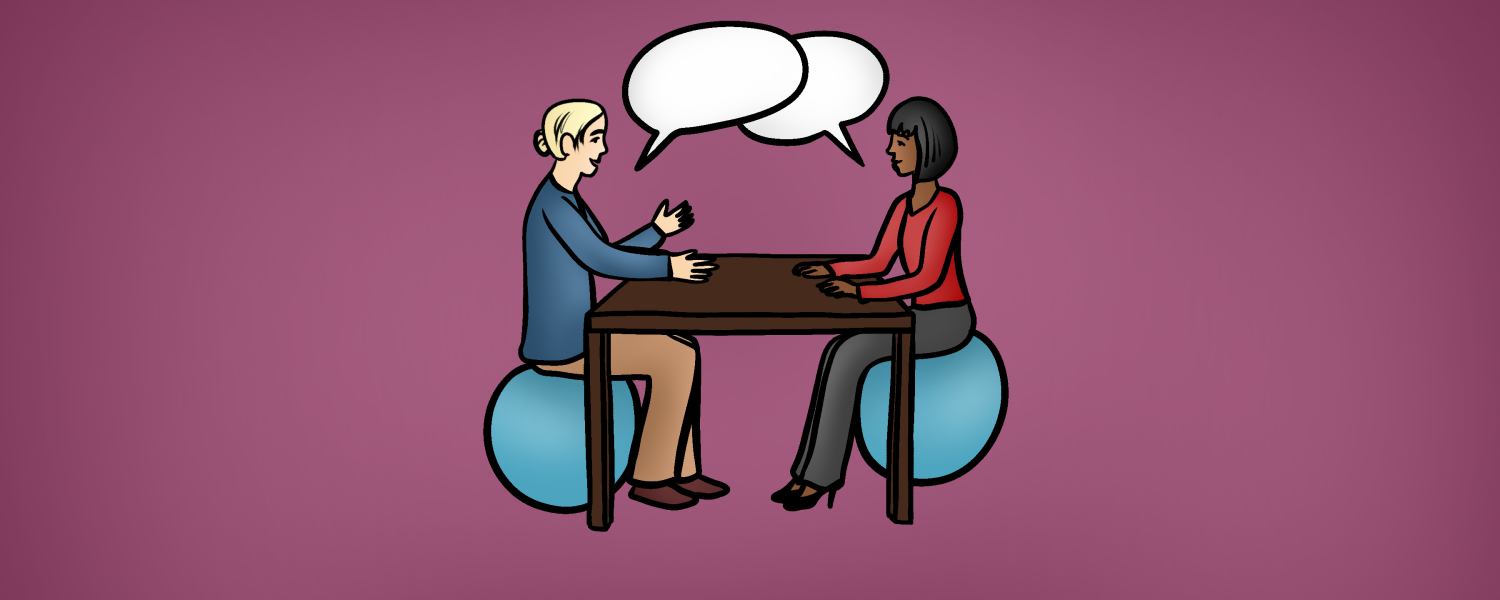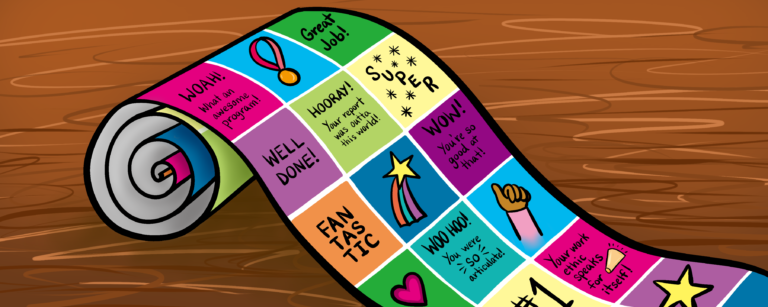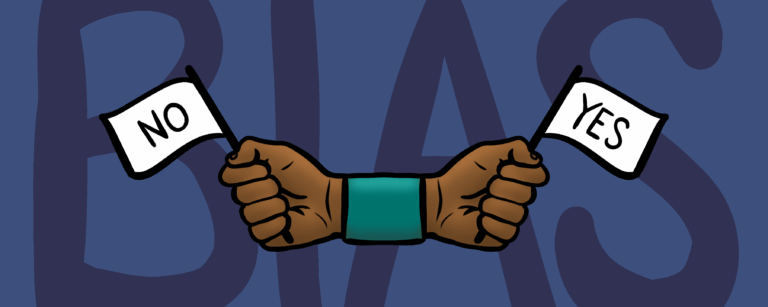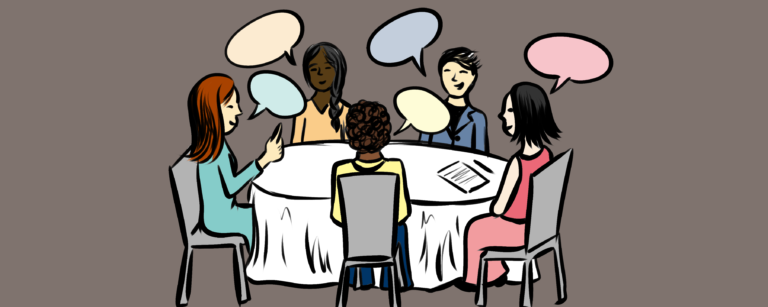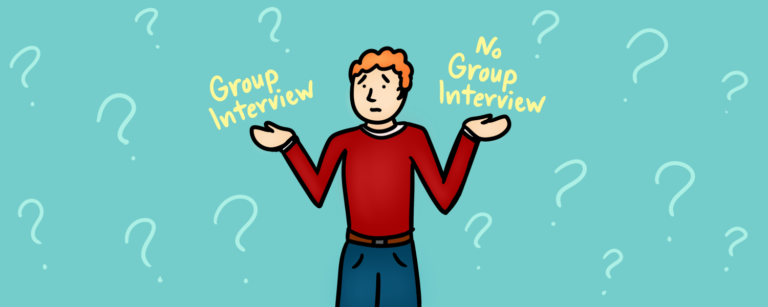Oh, hey! Welcome to the community.
We’re all looking for the golden ticket when it comes to student staff interviewing. What techniques or questions will net an accurate portrayal of the candidate? Often, one of the hardest things that Residence Life professionals encounter is large, competitive applicant pools where the majority of candidates possess a similar level of skills and ability. RA candidate pools typically fall on the bell curve: 15% have an exceptional skill set conducive to being an RA, 15% do not meet the minimum qualifications, and the remaining 70% could do the job with the right training.
Before selecting your interview questions, make sure you include your team to decide what skills and attributes are important and develop a rubric for grading to avoid inherent biases in your process. One of the hardest parts of establishing criteria for student staff hiring is that diversity is the name of the game. You don’t want a full team of people who have similar skills and attributes. Like your student population, you want a team that represents your population and can connect with students where they’re at. If you’re looking for a place to start the hiring discussion with your team, check out the blog post about adapting your hiring practices to the new culture of Residence Life.
22 Questions to Get The Ball Rolling:
Below is a curated list of questions that you can pull for your upcoming student staff interviews. Use them as a starting place for your conversations. Starting from scratch is difficult, but if you present a list of questions to your team, they will have opinions.
Work Ethic:
- What did you like most/least about your previous job?
- What motivates you?
Behavior-based:
- Describe a time you made a difficult decision in the absence of your supervisor?
- Think about a time you had to work as part of a team. What did you do to ensure that the group functioned effectively?
- Tell us about a time when something did not work out the way you expected. How did you handle it?
- Tell us about a time when you went above and beyond to provide excellent service to a customer or student.
- Tell us about a time when you failed. What did you learn from it?
Leadership Abilities:
- What has been the biggest challenge you’ve encountered in a past job? How did you approach this challenge? (If the candidate has not held a previous position, ask about an academic experience.)
- Give a specific example of a time when you took the initiative to solve a problem before being asked.
- Give an example of a time when you successfully motivated others.
- What are the most important qualities of a team?
- How do you manage someone with a confrontational style?
Job Comprehension:
- What do you think are the most important skills needed for this position? (Candidate picks one of the skills listed). Tell me about a time where you exhibited this skill.
- If I could only read one thing on your resume, what would you highlight and why?
- What 3 factors are most important for student success?
- What are some good ways to build a strong campus/residence community?
- What ideas do you have for reaching out to first-year students?
Personality/Fit:
- What is the most important lesson you’ve learned in or outside school?
- What was the most useful criticism you received, and who provided it?
- What types of situations put you under pressure or cause anxiety? How do you deal with the pressure or anxiety?
- Give us your definition of success.
- What will I remember about you after this interview?
Timing
A good rule of thumb for most questions is to allow 3-4 minutes for each part of the question. For example, if you have 20 minutes, have 4-5 questions in your interview. You’ll have time for pleasantries at the beginning (fun fact: that is my favourite part of the interview and often when I could assess if someone was comfortable talking to strangers or people they did not know well) as well as follow-up questions from the interviewers, follow-up questions from the interviewee, and any closing information. Let candidates know they have 3 minutes per question so if you need to cut them off, they’ll know why.
Thanks for being part of our community. We’re glad you’re here.
Sources:
https://www.northwestern.edu/careers/job-intern-prep/interviewing/common-interview-questions/index.html
http://www.interviewstrategies.com/interview-questions-for-higher-education-professionals-student-affairs/
https://students.ubc.ca/career/career-resources/interviews
http://sa360.org/interview-questions/
